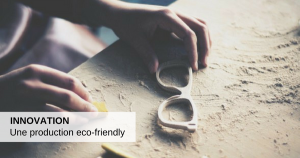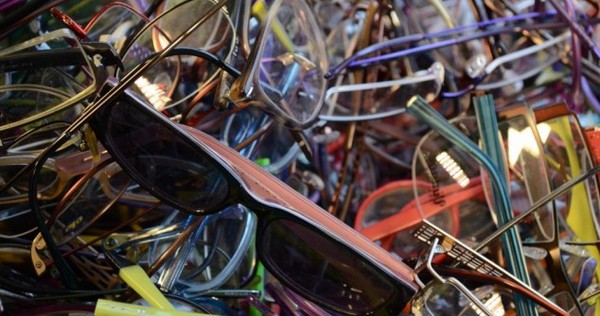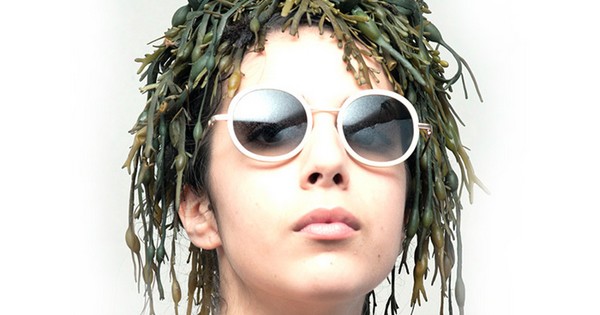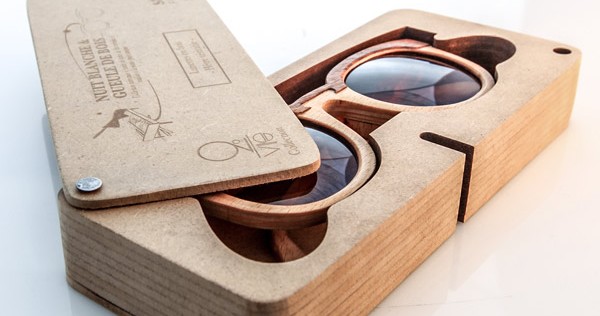Innovation: an eco-friendly production

Organic food, fair trade or "made in France" production: eco-friendly consumption is attracting more and more French people, and optical innovation is no exception.
Wooden, recycled plastic or algae glasses, handmade, the industry continues to adapt to the well-being of the planet, and the greatest pleasure of eco-consumers!
Eco-friendly materials for eco-friendly production
Big trend of the moment: the use of different materials, less chemical and less processed, mainly for eyeglass frames, but also cases, chamoisines …
The glasses in wood or bamboo , organic in particular, are the stars of this market. Beyond the aesthetic aspect, the wood has many qualities: pleasant to wear, warm, resistant and light. The frames are often handcrafted, hand-crafted for a unique finish. As for bamboo , even lighter, it is a renewable resource that repels every 5 to 7 years, allowing many harvests.
Another emerging player in the market is biodegradable or bio-plastic plastic : non-toxic and made from biomass, a vegetable material that can replace oil. It breaks down quickly and can be recycled using less energy: it is perfectly suited to eco-friendly production .
Beyond these already well-established materials, others, more original, are emerging. We were talking to you a few months ago about Naoned , which produces frames from seaweed , an original and ecological idea. There are also the frames are Dick Moby biodegradable acetate eyewear brand Rezin wood and stone or Shwood and s are glasses with wooden frames from official plantations, to fight against deforestation.
Eco-friendly manufacturing and recovery processes
At the same time, manufacturers are increasingly developing their manufacturing processes. In a sustainable development approach , local and environmentally friendly, the goal is to reduce the carbon footprint of products.
The manual production reduces emissions of pollutants and greenhouse gases related to industrial production and transport inherent. Also, the choice of local and recovery sources of supply is growing. Among the most original, note for example the brand Strange Froots which manufactures its glasses from slats of beds of beech wood recovered from beds thrown to bulky; o u still 7plis , skate brand made of recycled skate wood ; or Iwood , wooden glasses made from scraps of wood used for dressing luxury jets.

Eco-friendly recovery, it also means raising awareness among customers about recycling glasses . By offering a value chain , the optician also contributes to this ecological loop.
Also, do not forget that if the glasses and their glasses are not always ecologically recyclable, they can be reused for humanitarian purposes including , and become so responsible.
It's a safe bet that this list of innovations will only grow in the months and years to come, as the trend seems to be anchored in consumers and manufacturers!




